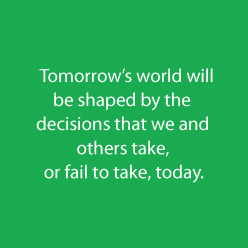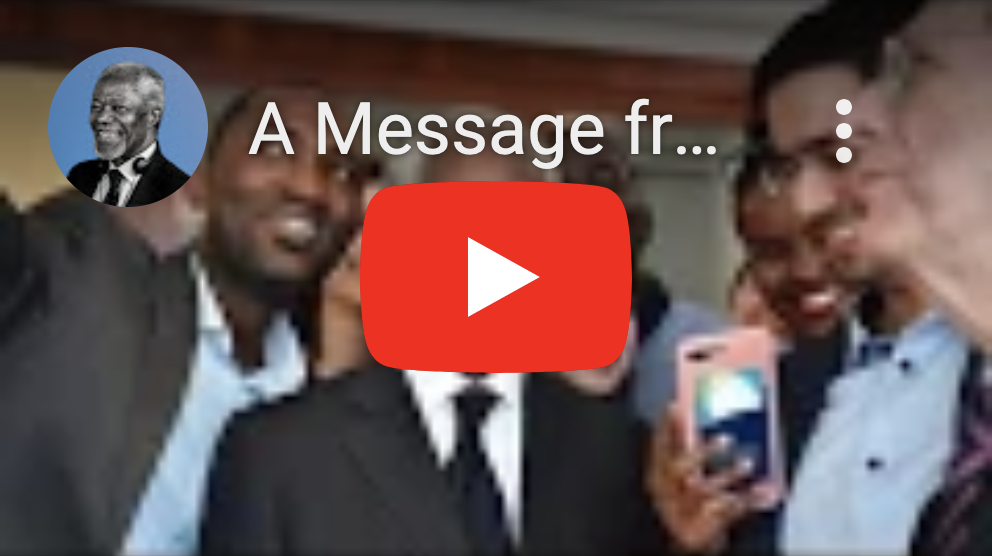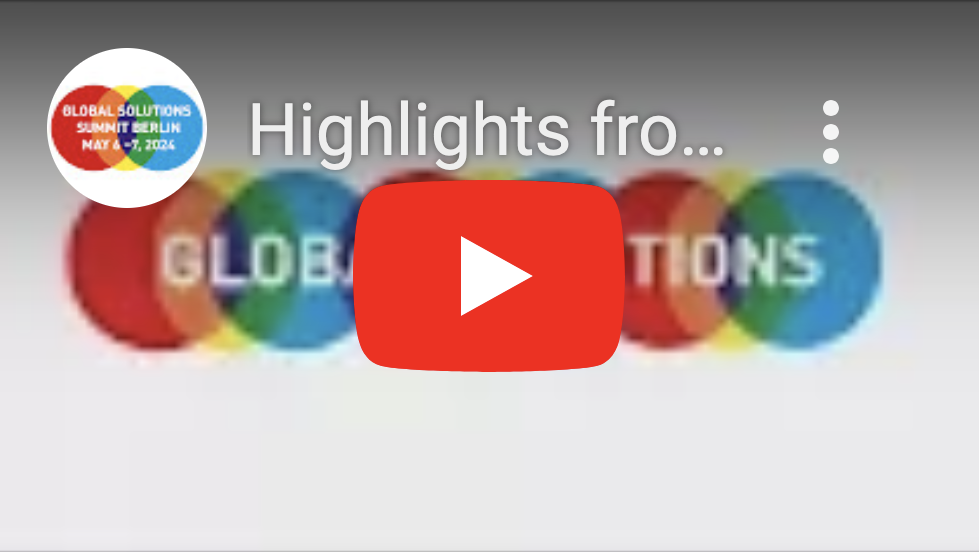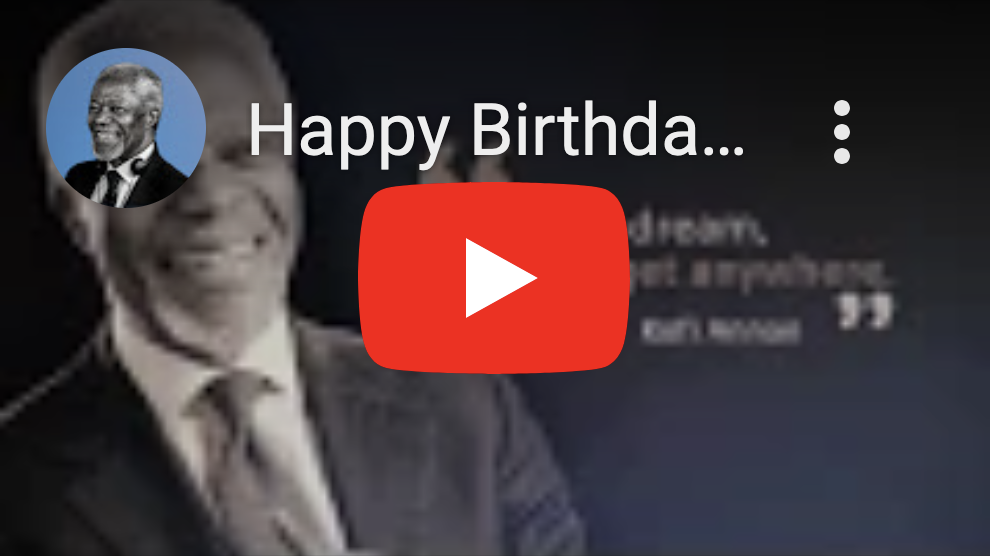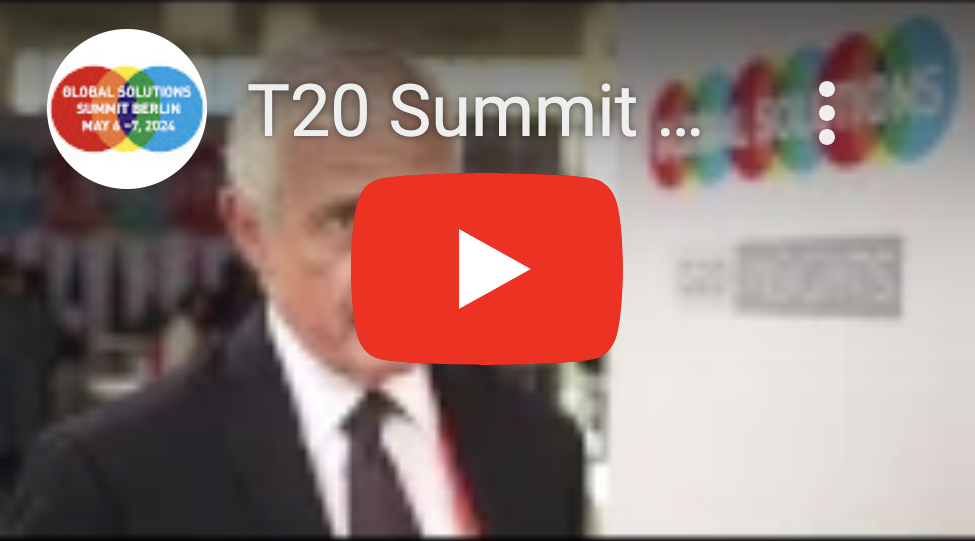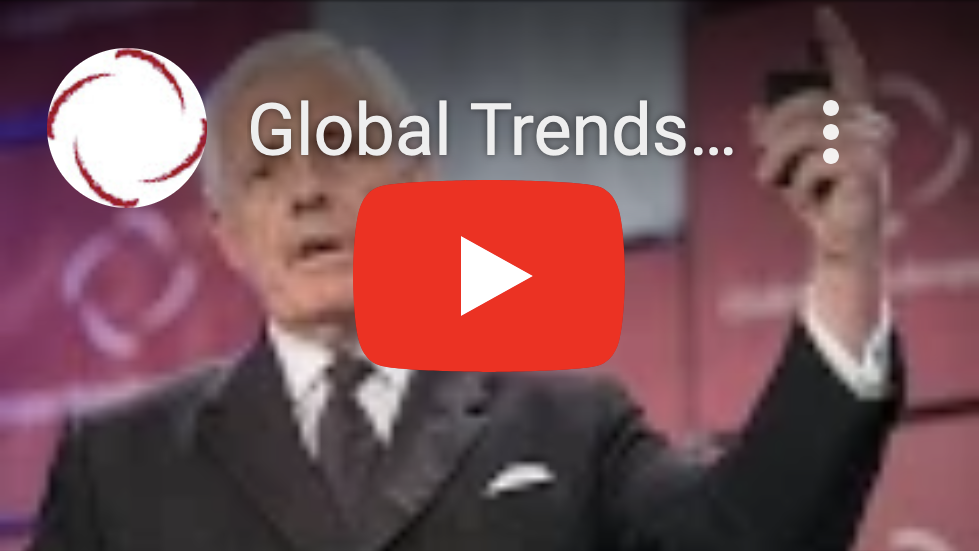About the foundation
Creating the Future
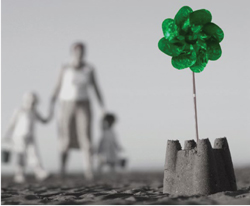 So long
as human exchange and specialization are allowed to thrive somewhere, then culture evolves whether
leaders help it or hinder it, and the result is that prosperity spreads, technology progresses,
poverty declines ...happiness increases... freedom grows, knowledge flourishes.... So the human race
will continue to expand and enrich its culture, despite setbacks and despite individual people
having much the same evolved, unchanging nature. The twenty-first century will be a magnificent time
to be alive. Dare to be an optimist.
So long
as human exchange and specialization are allowed to thrive somewhere, then culture evolves whether
leaders help it or hinder it, and the result is that prosperity spreads, technology progresses,
poverty declines ...happiness increases... freedom grows, knowledge flourishes.... So the human race
will continue to expand and enrich its culture, despite setbacks and despite individual people
having much the same evolved, unchanging nature. The twenty-first century will be a magnificent time
to be alive. Dare to be an optimist. -- Matt Ridley
Generating knowledge and insight
Academic disciplines segment reality into discrete components and study it through exclusive prisms. Their research is thus of limited use in understanding complex systems. If we are to generate the insights needed to address the systemic challenges we face. We must harness the best available knowledge and integrate it into coherent policies focused on the five pillars of the Global Agenda.
The FutureWorld Foundation will work with leading research institutes and organisations around the world in systematic, continuous programmes focused on the themes of the Global Agenda.
Communicating effectively
Much groundwork has already been done in defining the transcendent challenges and suggesting partial solutions, but these studies have not generated the political will required for clear priorities and solutions. Instead of planning forward, policymakers are inclined to address only immediate threats, or to wait until a crisis has already erupted and then to seek remedies.
Academic publications are important to researchers, because they advance insights in specific areas. Policy journals are read by a small number of dedicated persons and their impact can be considerable. Papers, reports and policy proposals flowing from our programmes will be published in these journals.
To educate policy-makers, corporate decision-makers and citizens, and promote investment in solution-seeking, the knowledge and insights we generate must also be disseminated in innovative and entertaining ways through broadcast and digital media. The FutureWorld Foundation will partner leading media companies to achieve this.
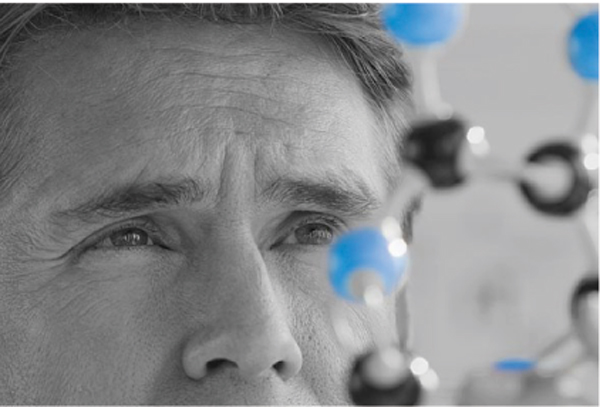
Harnessing the wisdom of crowds
But this is not enough. We also need to address the challenge of global governance and overcome the "democratic deficit" by involving citizens of the world more directly in shaping our collective future.
In 2004, James Surowiecki suggested, in The Wisdom of Crowds, that crowds are capable of making better decisions on a wide range of issues than experts, if the crowds are characterised by diversity of opinion, independence and decentralization, and if their views can be effectively aggregated, "to turn private judgments into a collective decision ".
He made the remarkable assertion that such a crowd "hold[s] a nearly complete picture of the world in its collective brain. " This may be metaphorical rather than accurate, but it 's a powerful insight nonetheless.
Successful decision-making mechanisms must function well under conditions of uncertainty, because the future is inherently uncertain. The Foundation 's assertion that contemplating the future allows us to create it, is thus ideally suited to approaches based on tapping the collective wisdom of diverse, independent, decentralised individuals assembled in crowds, provided there are means of effective aggregation to enable collective decisions to be made.
Much of Surowiecki 's book focuses on what are now called predictive markets. These serve important purposes, provided the four characteristics described above are present, and suggest that there may be another way to approach the challenge of global governance and the management of global risk. Therefore, we need to go one step further.

